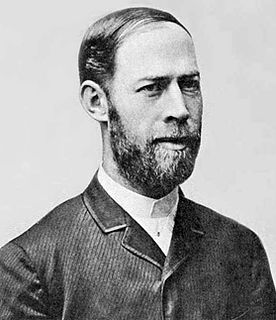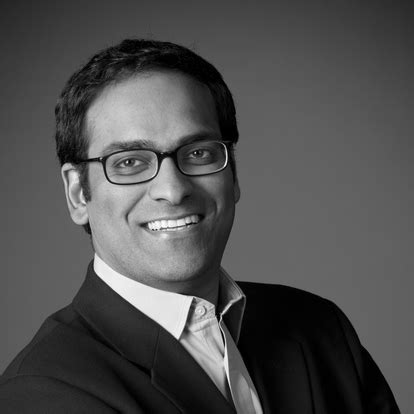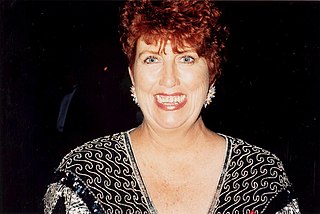A Quote by Jesse Jackson
What happens to the mind of a person, and the moral fabric of a nation, that accepts the aborting of the life of a baby without a pang of conscience? What kind of a person and what kind of a society will we have twenty years hence if life can be taken so casually? It is that question, the question of our attitude, our value system, and our mind-set with regard to the nature and worth of life itself that is the central question confronting mankind. Failure to answer that question affirmatively may leave us with a hell right here on earth.
Related Quotes
But in the end, science does not provide the answers most of us require. Its story of our origins and of our end is, to say the least, unsatisfactory. To the question, "How did it all begin?", science answers, "Probably by an accident." To the question, "How will it all end?", science answers, "Probably by an accident." And to many people, the accidental life is not worth living. Moreover, the science-god has no answer to the question, "Why are we here?" and, to the question, "What moral instructions do you give us?", the science-god maintains silence.
To be a scientist you have to be willing to live with uncertainty for a long time. Research scientists begin with a question and they take a decade or two to find an answer. Then the answer they get may not even answer the question they thought it would. You have to have a supple enough mind to be open to the possibility that the answer sometimes precedes the question itself.
We can each sit and wait to die, from the very day of our births. Those of us who do not do so, choose to ask - and to answer - the two questions that define every conscious creature: What do I want? and What will I do to get it? Which are, finally, only one question: What is my will? Caine teaches us that the answer is always found within our own experience; our lives provide the structure of the question, and a properly phrased question contains its own answer.
What is there to understand? The significance of life? How long will it take to understand the significance and the meaning of life? 20 years? 30 years? And the same question will be here in another 20 years, I guarantee you. Until you stop asking that question. When that question is not there, you are there. So that's the reason why you keep asking the question: you do not want the question to come to an end. When that comes to an end, there will not be anybody, left there, to find out the meaning, the purpose and the significance of life.
Our confused wish finds expression in the confused question as to the nature of force and electricity. But the answer which we want is not really an answer to this question. It is not by finding out more and fresh relations and connections that it can be answered; but by removing the contradictions existing between those already known, and thus perhaps by reducing their number. When these painful contradictions are removed, the question as to the nature of force will not have been answered; but our minds, no longer vexed, will cease to ask illegitimate questions.
Therefore, this is a question of whether we, humans, can change our culture and begin to truly care for all Creation, nurture all Life and thereby avert our own extinction. As such, this is a deeply spiritual issue and we can begin to act today, regardless of age. But the good news is that this is not a question of whether we will change our culture, but a question of when.
The real question today is not when human life begins, but, what is the value of human life? The abortionist who reassembles the arms and legs of a tiny baby to make sure all its parts have been torn from its mother's body can hardly doubt whether it is a human being. The real question for him and for all of us is whether that tiny human life has a God-given right to be protected by the law - the same right we have.
Does he treat you with respect at all times? That's the first question. The second question is, if he is the exact same person twenty years from now that he is today, would you still want to marry him? And finally, does he inspire to be a better person? You find someone you can answer yes to all three, then you've found a good man.




































